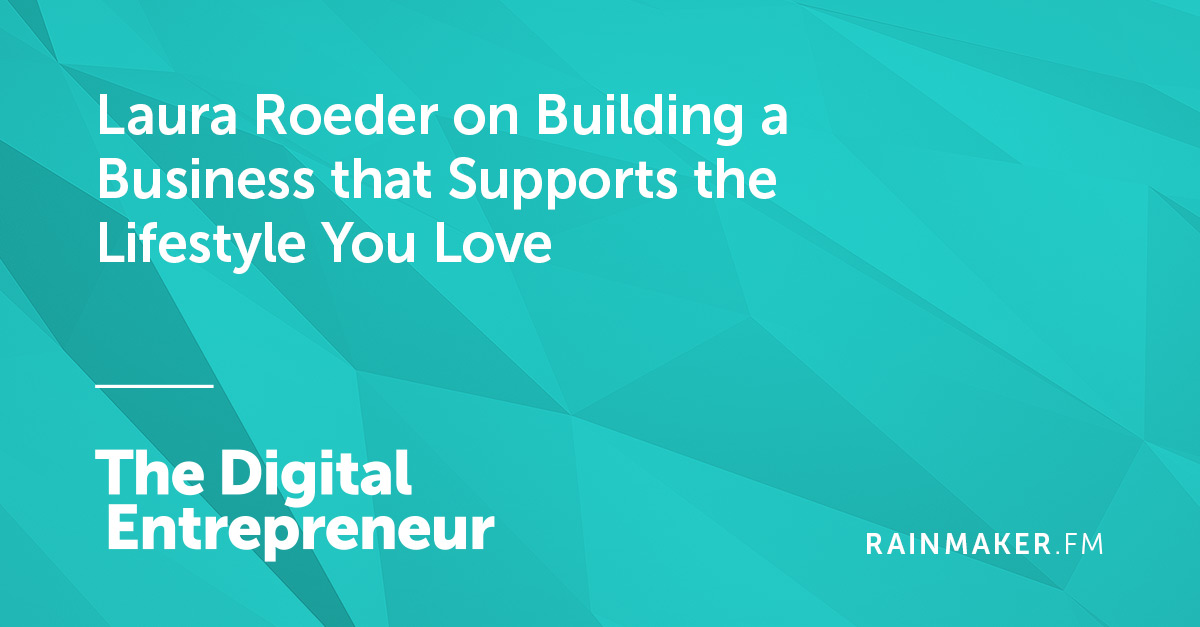Listen to PODCAST by The Recipe for SEO Success
We all love Google, but sometimes as a business owner if can feel hard to actually talk to a real Google human!
So I was delighted to get the opportunity to chat with John Mueller, Webmaster Trends Analyst at Google. Yes a real live Google human!
John is someone I’ve been following for a long time, he provides excellent advice and answers to people all around the worlds so I’m super happy to have him here on the show.
Today John is going to be answer questions from students of my SEO ecourse, and I LOVE SEO community as well as giving us exclusive insight into what Google has planned for 2017.
So if you want the inside track on all things Google this is the show for you!
Tune in to learn:
- Whether Google really wants to penalise websites.
- What impact does Social media have on SEO.
- How often you should update your pages and posts.
- Do exact match domains impact ranking.
- Why doesn’t Google use my Meta Descriptions.
- Is it better to get lots of links from one domain or from multiple domains.
- What’s the best long term SEO tactic.
- Are Wix websites good for SEO.
- What are the common SEO mistakes most websites make.
- John’s one piece of advice for small businesses
- What Google has planned for 2017.
Episode: https://therecipeforseosuccess.com/ask-google-qa-john-mueller/
Website: http://www.therecipeforseosuccess.com.au/
https://therecipeforseosuccess.libsyn.com/e15-ask-google-qa-with-john-mueller-xxx





